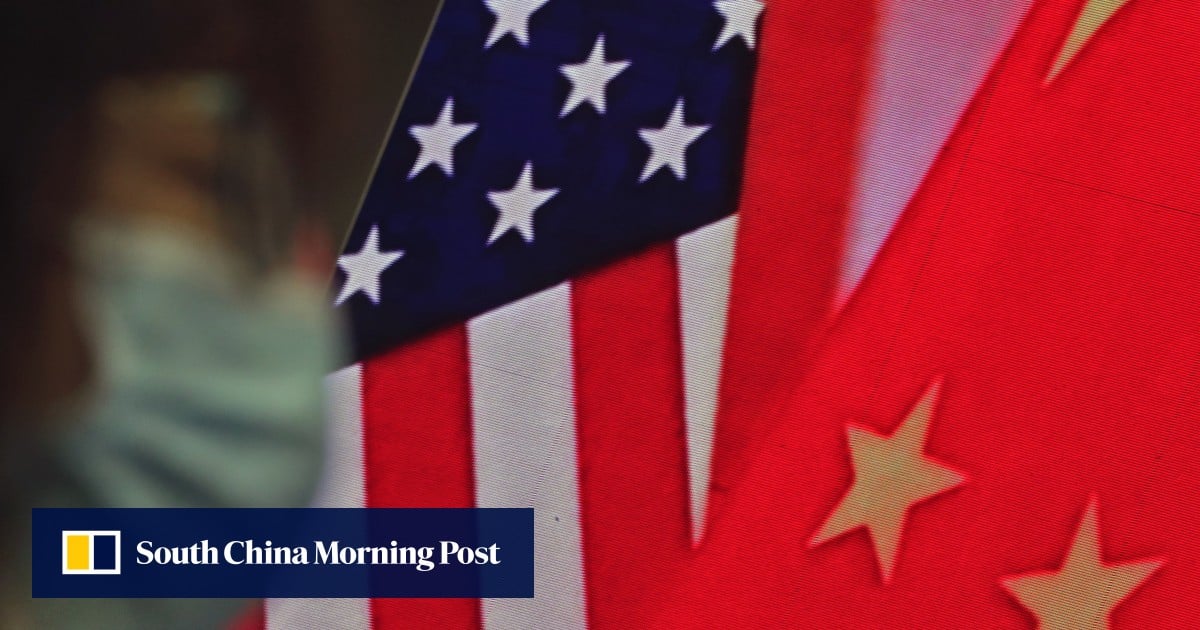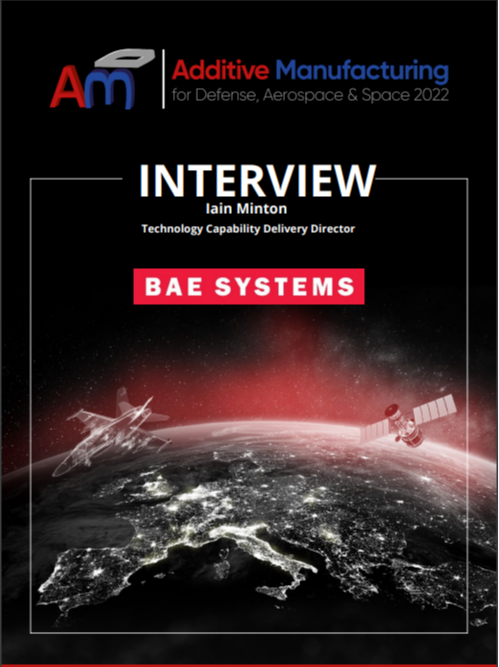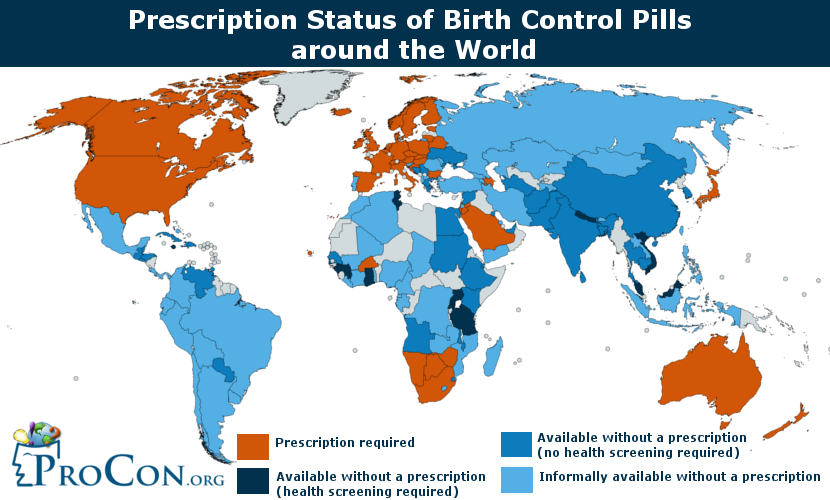Is A New Cold War Inevitable? Examining The Deterioration Of U.S.-China Relations

Table of Contents
2.1. Economic Rivalry: A Key Driver of US-China Tensions
H3: The Trade War and its Lingering Effects: The trade war, initiated in 2018, significantly impacted Sino-American relations. It involved the imposition of tariffs on hundreds of billions of dollars worth of goods, fueled by accusations of unfair trade practices, intellectual property theft, and a persistent trade deficit. This economic conflict extended beyond simple tariffs; it disrupted global supply chains, prompting businesses to reconsider their reliance on either nation and creating uncertainty in the global market.
- Impact on global supply chains: The trade war caused significant disruptions, forcing companies to diversify their sourcing and manufacturing locations, increasing costs and complexity.
- Economic sanctions and their repercussions: Both countries imposed sanctions on various industries and individuals, hindering economic growth and cooperation.
- Rise of protectionism and its consequences: The trade war fueled a rise in protectionist sentiments globally, threatening the established framework of free trade and international cooperation.
H3: Technological Competition: The Race for Supremacy: Beyond trade disputes, the US and China are locked in a fierce competition for technological dominance. This rivalry extends across crucial sectors, including 5G networks, artificial intelligence, and semiconductors—technologies vital for economic growth and national security.
- Investment in domestic technology sectors: Both nations are investing heavily in research and development, aiming for self-reliance and technological leadership.
- Restrictions on technology transfers and exports: The US has implemented restrictions on the export of sensitive technologies to China, citing national security concerns. China has reciprocated with its own restrictions.
- The role of national security concerns: Concerns over technological dependence and potential espionage have fueled this intense competition, elevating the stakes beyond pure economic considerations.
2.2. Geopolitical Conflicts and Strategic Competition:
H3: The South China Sea Dispute: China's increasingly assertive actions in the South China Sea, including island building and militarization, have heightened tensions with its neighbors and the US. The US Navy conducts freedom of navigation operations in the region, challenging China's expansive claims.
- Island building and militarization: China's construction of artificial islands and deployment of military assets have raised concerns about its regional ambitions and potential for conflict.
- Freedom of navigation operations: The US Navy’s persistent freedom of navigation operations challenge China’s claims and assert the principle of open seas.
- Regional alliances and their implications: The South China Sea dispute has strengthened alliances between the US and several Southeast Asian nations, further complicating the geopolitical landscape.
H3: Taiwan and the Potential for Conflict: The status of Taiwan remains a major flashpoint in US-China relations. China considers Taiwan a breakaway province and has not ruled out the use of force to achieve reunification. The US, under its policy of “strategic ambiguity,” has maintained a strong commitment to Taiwan’s defense.
- China’s stance on Taiwan’s independence: China views any move toward Taiwanese independence as a direct threat to its sovereignty.
- US arms sales to Taiwan: The US continues to supply Taiwan with defensive weapons, bolstering its capabilities to resist potential aggression.
- The potential consequences of military intervention: A conflict over Taiwan would have severe regional and global consequences, potentially triggering a wider military conflict.
H3: Influence in Other Regions: The competition between the US and China extends beyond the Asia-Pacific region. Both countries are vying for influence in Africa and Latin America, often supporting competing projects and political factions. This competition for soft power further fuels geopolitical tensions.
2.3. Ideological Differences and Human Rights Concerns:
H3: Diverging Political Systems and Values: The fundamental differences between the US democratic system and China’s authoritarian model contribute to the strained relationship. These contrasting values create significant challenges for cooperation and mutual understanding.
- Human rights concerns in Xinjiang and Hong Kong: China’s human rights record, particularly concerning the treatment of Uyghurs in Xinjiang and the crackdown on dissent in Hong Kong, has led to international criticism and strained relations with the US.
- Freedom of speech and the internet: Differences in approaches to freedom of speech and internet access contribute to mutual distrust and hinder open communication.
- Impact on diplomatic relations: These ideological differences complicate diplomatic efforts and make finding common ground on global issues more difficult.
H3: Information Warfare and Propaganda: Both countries engage in information warfare and propaganda campaigns, seeking to shape global narratives and influence public opinion. This contributes to mutual mistrust and fuels negative perceptions.
3. Conclusion: Avoiding a New Cold War: The Path Forward for US-China Relations
The multifaceted nature of US-China relations—encompassing economic rivalry, geopolitical conflicts, and ideological differences—presents a complex and potentially dangerous situation. While a “new Cold War” may not be inevitable, the current trajectory is precarious and requires careful management. The risks of miscalculation and escalation are significant, threatening global geopolitical stability. To avoid such a scenario, prioritizing diplomacy, establishing clearer communication channels, and focusing on areas of potential cooperation are crucial. Finding common ground on global issues like climate change, pandemics, and nuclear proliferation can help to foster mutual trust and de-escalate tensions.
Understanding the dynamics of US-China relations is crucial to avoiding a new Cold War. Stay informed, engage in constructive dialogue, and advocate for policies that prioritize peaceful resolution and cooperation. Learn more about mitigating US-China tensions and fostering Sino-American dialogue to build a more stable and secure future.

Featured Posts
-
 Strengthening Regional Security China Indonesia Security Dialogue
Apr 22, 2025
Strengthening Regional Security China Indonesia Security Dialogue
Apr 22, 2025 -
 Revolutionizing Voice Assistant Creation Open Ais 2024 Innovation
Apr 22, 2025
Revolutionizing Voice Assistant Creation Open Ais 2024 Innovation
Apr 22, 2025 -
 Bmw And Porsches China Challenges A Wider Industry Issue
Apr 22, 2025
Bmw And Porsches China Challenges A Wider Industry Issue
Apr 22, 2025 -
 The La Palisades Fire A List Of Celebrities Affected By The Disaster
Apr 22, 2025
The La Palisades Fire A List Of Celebrities Affected By The Disaster
Apr 22, 2025 -
 The Future Of Family Planning Otc Birth Control In A Post Roe World
Apr 22, 2025
The Future Of Family Planning Otc Birth Control In A Post Roe World
Apr 22, 2025
